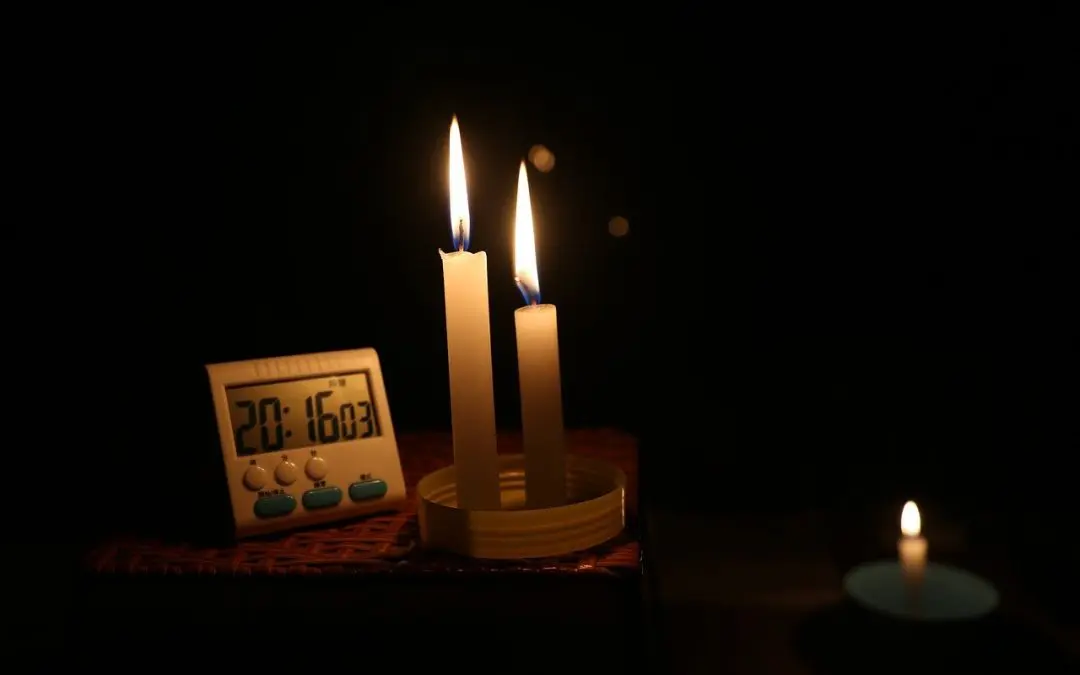Power Outages are Common
It’s important for every homeowner to prepare for a power outage so that you’re ready with emergency supplies like food and water. You should also know what to do when the lights go out, which includes quickly gathering what you need and meeting in a safe location.
What You Should do to Prepare for a Power Outage
- Gather supplies that you will need when the power goes out. This includes food, water, clothing, a flashlight with extra batteries, a first aid kit, candles and matches, and a battery-powered lamp for lighting.
- Keep a list of emergency contact numbers. Among them should be the numbers for the fire department, police, and utility company hotlines.
- If the outage is due to severe weather, check on your house to make sure it’s safe for you to stay during an outage. Inspect windows for cracks or missing panes of glass that could let in cold air if they are opened or broken, and make sure all exterior doors and windows are closed.
- Keep the fireplace flue closed when it’s not in use, and during an outage, unplug any appliances that produce heat, like space heaters.
What You Should do During a Power Outage
- Prepare for a power outage by protecting electronic devices with surge protectors.
- If you lose electricity while cooking, turn off your stove. If the food is nearly finished cooking, use a probe thermometer to check the temperature to see if it’s safe to eat. Otherwise, dispose of it after it cools.
- If you smell gas while the power is out, immediately exit your home and call 911.
- Unplug electronic devices to prevent them from being damaged from a power surge when the power returns.
- Organize your family into a single room. Stay calm and entertain children with books or games. If the power outage is weather-related, use a weather radio to monitor the progress of the storm. Otherwise, be patient and wait for the power to return.
- Only leave your home in an emergency. Have a plan in place beforehand for where your family should go in these situations.
What You Should do After a Power Outage
- Reconnect electrical devices and verify that they are working.
- After the power is restored, make sure your refrigerator is set to its normal setting of 36-40 degrees Fahrenheit.
- If the power outage was lengthy, it’s likely that you will have to dispose of food in the refrigerator that has spoiled. Clean the interior thoroughly with soap and water. Wash your hands afterward to prevent the spread of bacteria.
- Take note of any supplies you used during the power outage. It’s important to replenish the stock of emergency items as soon as possible so your kit is ready next time you need it.
Conclusion
There are important things to do to prepare for a power outage including gathering supplies, checking your house for safety issues, and knowing what actions to take when the outage occurs. By being prepared and informed, you will get through any power failure more comfortably and safely.
TUFF Home Inspections offers inspections to customers in New Jersey. If you’re selling a home, contact us to request our services.

